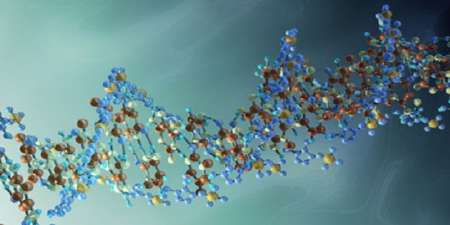
Funded by Iran National Science Foundation (INSF), photodegradable and biocompatible nanoformulations of imidacloprid and indoxacarb were prepared in the study by the direct encapsulation of each one with linear dendritic poly (citric acid)-poly(ethylene glycol)-poly(citric acid) (PCA-PEG-PCA) copolymers.
According to a report by INSF, the study of insecticidal efficiency of nanoformulations under in vivo conditions showed a significant reduction of essential dosage of pesticide and a desirable performance for these formulations, confirming the controlled release property of nanoformulations compared to the bulk form. Besides preventing loss of active ingredient, this property makes its delivery to the target site possible during a predetermined time. Furthermore, decaying trend of imidacloprid residue with commercial formulation was compared to nanoformulations under field condition which resulted in faster degradation of nanoformulations than that of the commercial ones.
The results of the investigation indicated that due to the non-immediate effect of nano-pesticide, excessive spraying and environmental pollutions are decreased and harmful effects on non-target organisms are reduced. In addition, faster degradation of nanoformulations significantly decreases the amount of time they can interact with the environment, making them a remarkably safer choice as pesticides.

Add new comment